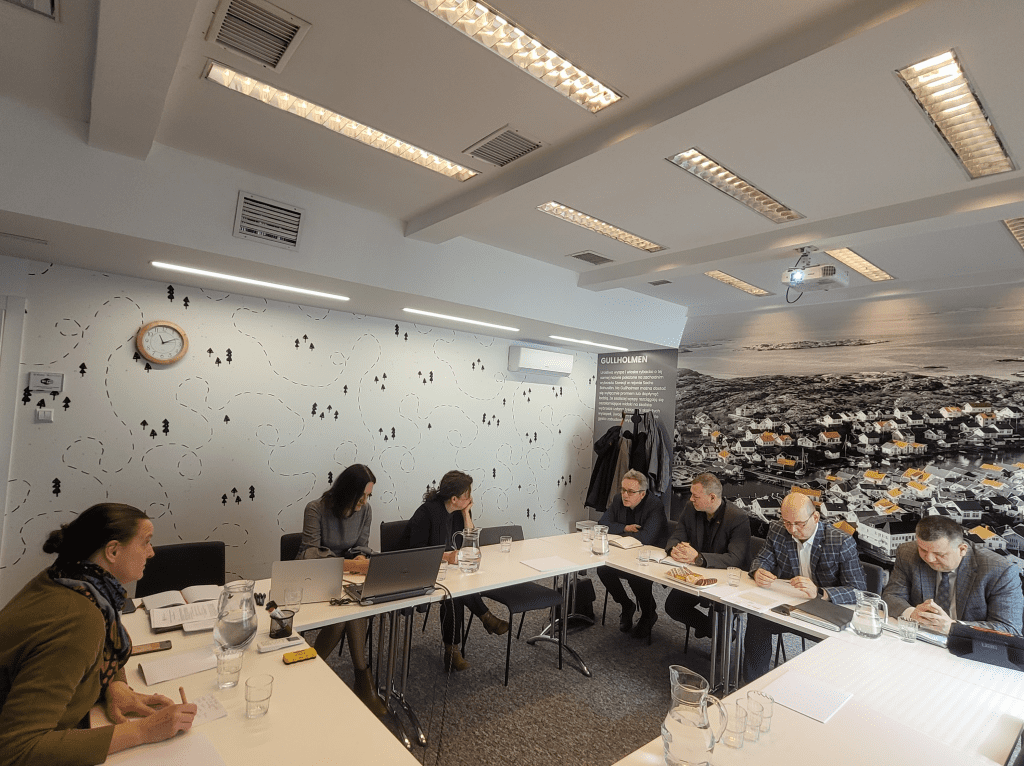Urban Mobility
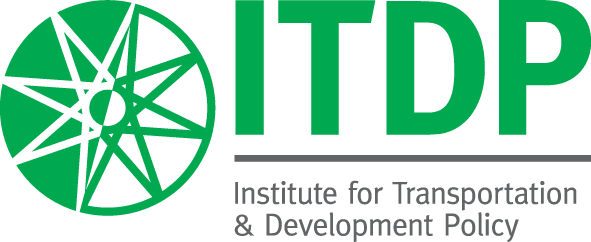
ITDP sets the standard for equitable, resilient Bus Rapid Transit
ITDP is excited to present the 2024 edition of The BRT Standard, the first comprehensive update of the tool since 2016. ITDP innovated the Standard in 2012 to support common understanding of the essential features of bus rapid transit and to serve as an evaluation tool based on best practices. The Standard’s recommended elements for high-quality BRT have a significant positive impact on urban access and the environment when implemented, promoting ridership and encouraging a shift away from private vehicles. The most notable updates to the Standard include more attention to climate resilience, greening, and electrification measures; an expanded focus on gender and access; and considerations to improve user experience and operations. The 2024 edition is built on ITDP’s deep experience supporting public bus projects and BRT systems worldwide, from Rio de Janeiro’s TransOeste (estimated to reduce 107,000 tons of CO2 emissions/year, equivalent to 44 million liters of fuel), to Guangzhou’s BRT (estimated to reduce 85,000 tons of CO2 emissions/year).
Industry

New report finds Germany could slash emissions 25 percent with circular economy strategies
The concept of circular economy was included as a mitigation strategy in the COP28 agreement, demonstrating growing understanding of the climate potential of reducing waste and reliance on new materials. But, so far, it has been unclear how to quantify emissions savings from such policy approaches, preventing circular economy measures from being included in country NDCs. Agora’s latest report aims to fill that gap and inform Germany’s upcoming National Circular Economy Strategy. Agora’s study investigated how circular production models for steel, cement, and plastics can go beyond recycling to include material efficiency and substitution, as well as longer product use, finding that a combination of decarbonized primary production and circular economy measures in the manufacturing of these materials could reduce cumulative GHG emissions in Germany 25 percent, cut costs 45 percent, and reduce energy consumption 20 percent by 2045.

South Korea adopts transformative clean industry policy
The South Korean government has adopted carbon contracts for difference (CCfD) to support the country’s industrial decarbonization, marking major progress in South Korea’s climate policy. A CCfD is a financial instrument that reduces the costs for companies that arise from the shift from conventional to climate-neutral production. South Korean think tank and Agora partner NEXT group helped shape the policy by proposing an approach grounded in the 2050 Carbon Neutrality Roadmap for Korea study, in close cooperation with Agora Energiewende and Agora Industry. The new policy will significantly expedite the introduction of cleaner technologies in Korea. For example, combining direct reduced iron with an electric arc furnace (DRI-EAF) reduces the carbon intensity of conventional steelmaking by approximately 85 percent, and CCfDs could bring DRI-EAF to market in 2027—seven years earlier than planned. Assuming that DRI-EAF then replaces all blast furnaces in Korea, the steel sector could reduce its annual emissions by approximately 80 percent by 2040. Energy-intensive industries such as steelmaking and semiconductors are of crucial importance for South Korea’s economy. The country cannot meet its net-zero goal without transforming these key industries, and this policy will accelerate South Korea’s progress.
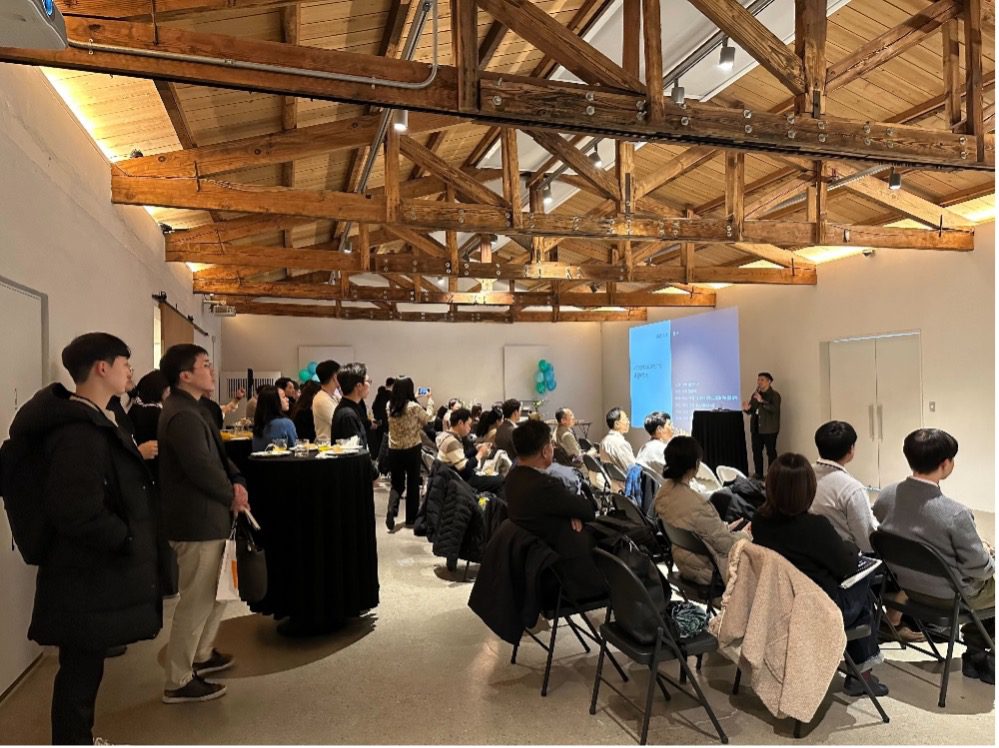

Global think tank network facilitates vital cross-country dialogue on Europe’s carbon border adjustment mechanism
With its global reach, the International Network of Energy Transition Think Tanks (INETTT) is uniquely positioned to help integrate diverse perspectives into cross-cutting policies like the European Union’s carbon border adjustment mechanism (CBAM), which aims to level the playing field for carbon-intensive imports to the EU, preventing carbon leakage (i.e., shifting production to countries with lax pollution rules) and incentivizing cleaner production globally. On March 21, INETTT hosted an event on the impact of the CBAM on other regions at the Berlin Energy Transition Dialogue, bringing together perspectives from Mexico, Brazil, Indonesia, Poland, Germany, Türkiye, and China. Participants and panelists underscored the CBAM’s important role in propelling global decarbonization and discussed how countries can cooperate to ensure the CBAM not only drives emission cuts but also is fair for all trade partners.
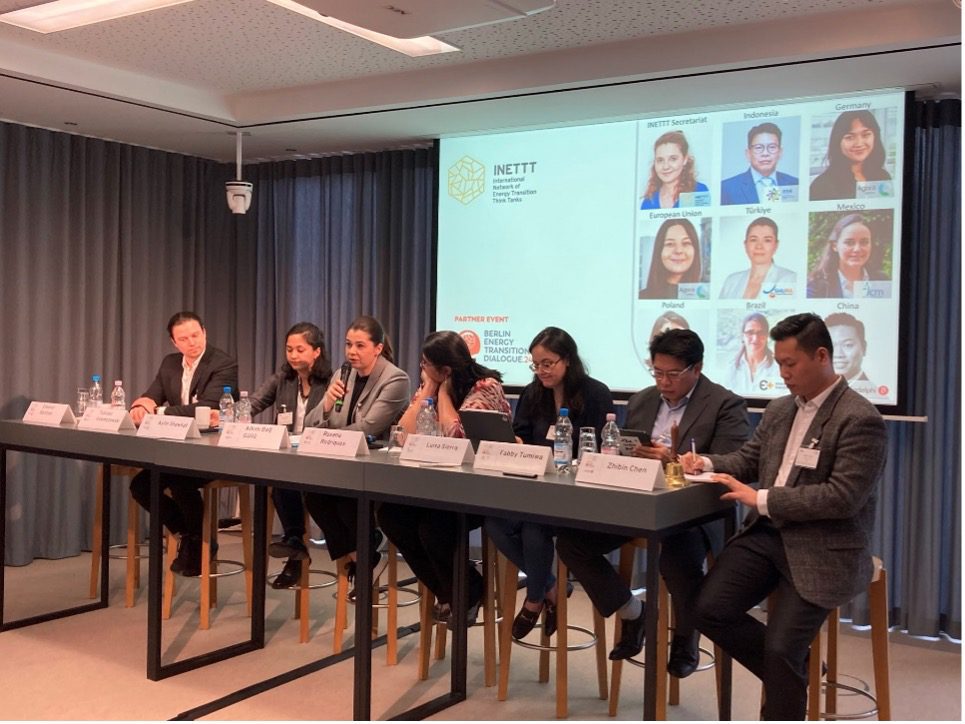
Appliances

New CLASP study shows appliance efficiency standards in the U.S. equitably safeguard lives and dollars
A new report from CLASP finds that appliance standards significantly reduce the release of harmful air pollutants such as PM 2.5, preventing 1,900 to 4,400 PM 2.5-related deaths in the U.S. annually, with monetary benefits estimated at $18 to $41 billion. Importantly, the study shows that these benefits are distributed equitably among communities, including those designated as disadvantaged by the federal government’s Justice40 initiative. With the U.S. Department of Energy facing a January 2025 deadline to update approximately 50 appliance efficiency standards, this report underscores the importance of timely action. Finalizing all pending standards could save more lives, including in disadvantaged communities. It could also prevent 2.5 billion tons of greenhouse gas emissions and save consumers nearly $1 trillion over 30 years.
Buildings

GBPN joins world’s first Buildings and Climate Global Forum
The inaugural Buildings and Climate Global Forum organized by the United Nations Environment Programme and the Government of France convened on March 7-8 in Paris, marking a milestone in advancing the Buildings Breakthrough Agenda launched at COP28. GBPN’s Program Development Advisor for Africa, Mugure Njendu, participated in a panel discussion on collaboration for fair and inclusive approaches to skills development for a just transition. She noted that “in areas of Africa, only 3 percent of women are involved in the construction industry, and we cannot talk about just transition and gender inclusivity without the involvement of women.” The Forum closed with a landmark “Declaration de Chaillot,” developed in consultation with experts including GBPN CEO Dr. Peter Graham. The declaration was signed by construction ministers of 70 countries who committed to decarbonize the built environment and foster equitable access to sustainable buildings worldwide and pledged to ensure that “near-zero emission and resilient buildings are the new normal by 2030.”
Vehicles & Fuel
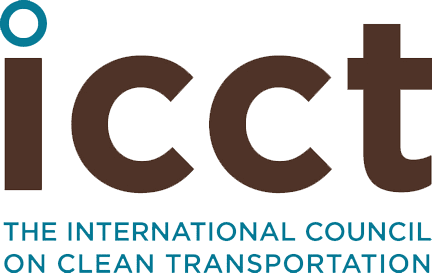
Research finds EV charging on track to meet rising demand
Global electric vehicle sales are surging, raising questions of how much charging infrastructure will be needed to keep up with demand, how much is already built or expected to be built, and if that amount is enough. A new report from ICCT analyzes the increase of U.S. light-duty EV sales and the associated home, workplace, and public charging needs through 2032. Based on estimates of potential market growth from the Environmental Protection Agency’s new vehicle emissions standards, the U.S. will need about 3.7 million Level 2 chargers at public locations and workplaces, 136,000 direct current (DC) fast chargers, and 40.1 million chargers at single-family and multifamily homes in 2032. Fortunately, charging announcements cover a substantial share of the chargers needed by 2030. The combined number of existing and announced charging deployments could provide about 225 percent of the needed public DC fast chargers and about 84 percent of the needed public and workplace Level 2 chargers. Still, continued commitment and collaboration among stakeholders will be essential to sustain this momentum.
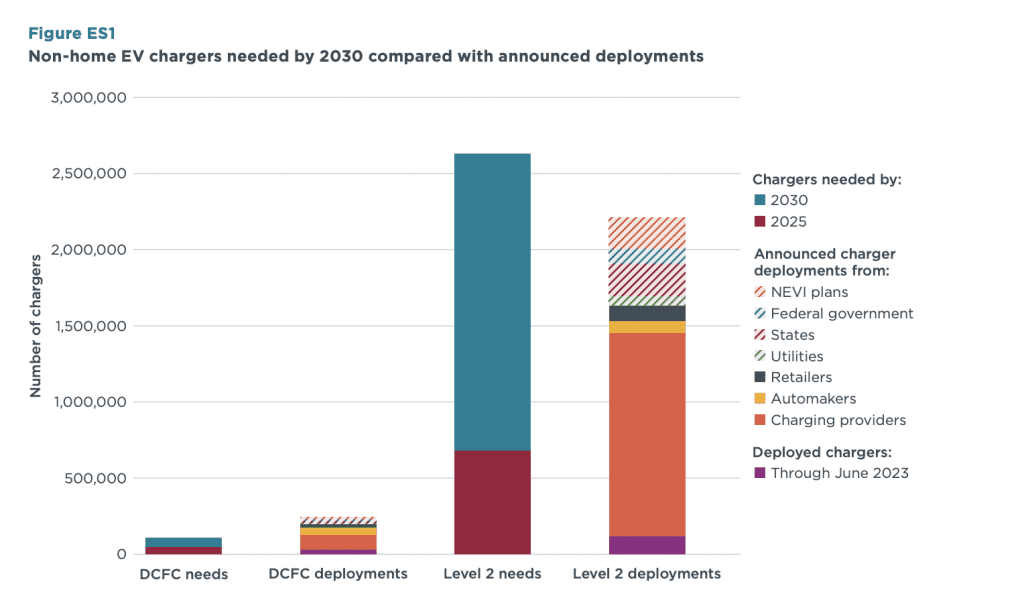
Power

Elevating clean power on the regulatory agenda
Shockingly, in most of the world, decarbonization is not part of power regulators’ mandated objectives, undermining their ability to make the clean transition a top priority. The Regulatory Assistance Project aims to change that. In March 2024, RAP completed the first phase of a project for the Regulatory Energy Transition Accelerator (RETA)—a report highlighting the many actions regulators around the world are taking to creatively elevate decarbonization using existing tools. Over the last year, RAP interviewed dozens of global energy regulators to gather their experiences and innovations that accelerate a cleaner power system, and RAP has synthesized the findings in a new report, Elevating the Priority of Decarbonization in Energy Regulators’ Decision Making. The authors also show that governments must update regulators’ frameworks by including decarbonization in their legal mandates so more decisive actions can be taken.
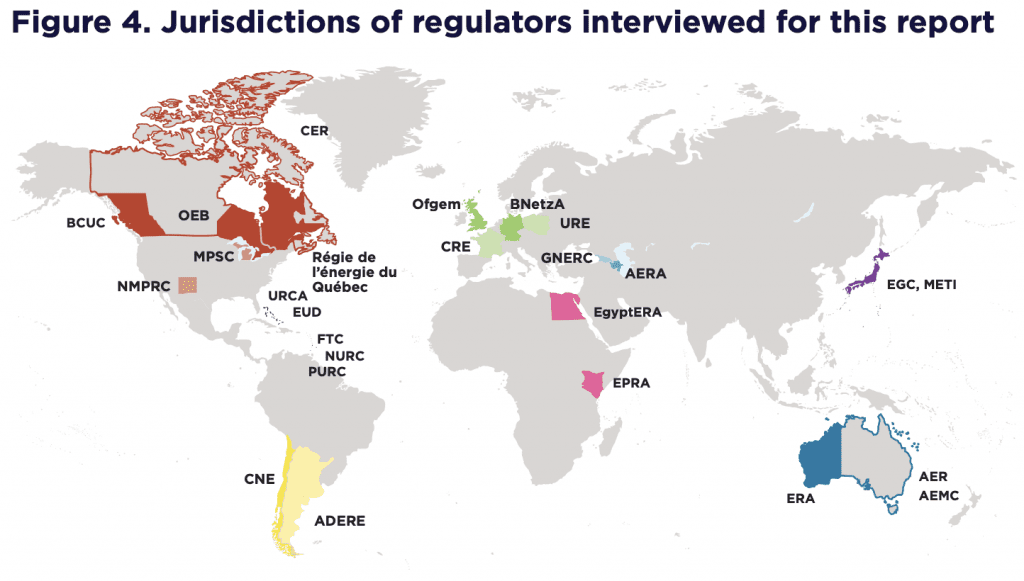

Mining unions ready for an open dialogue on the transition away from coal in Poland
If you recall from the March bulletin, Poland’s Expert Council on Energy Security and Climate published a new set of recommendations arguing for the national government to accelerate its coal phaseout target to 2035—much earlier than the current strategy of ending coal mining by 2049. Following the release of this report, the Expert Council hosted a dialogue with coal union representatives in March to discuss the recommendations. Trade unionists expressed understanding of the need for a transition in Poland, but wanted the process to be orderly, with clearly defined stages, and not leave mining workers who will lose their jobs without support. The experts strongly agreed with these points. This was the very first meeting of its kind, held in a constructive atmosphere and with the determination to continue the dialogue, including with the Polish government.
